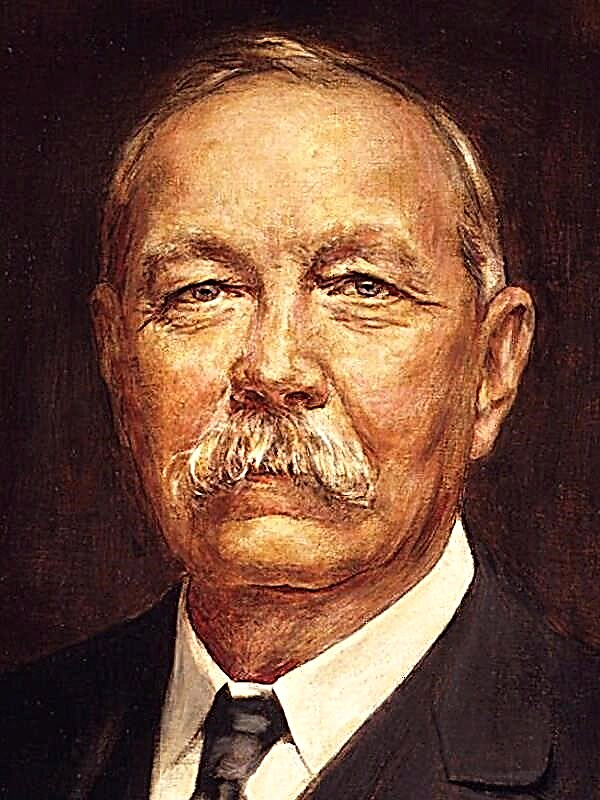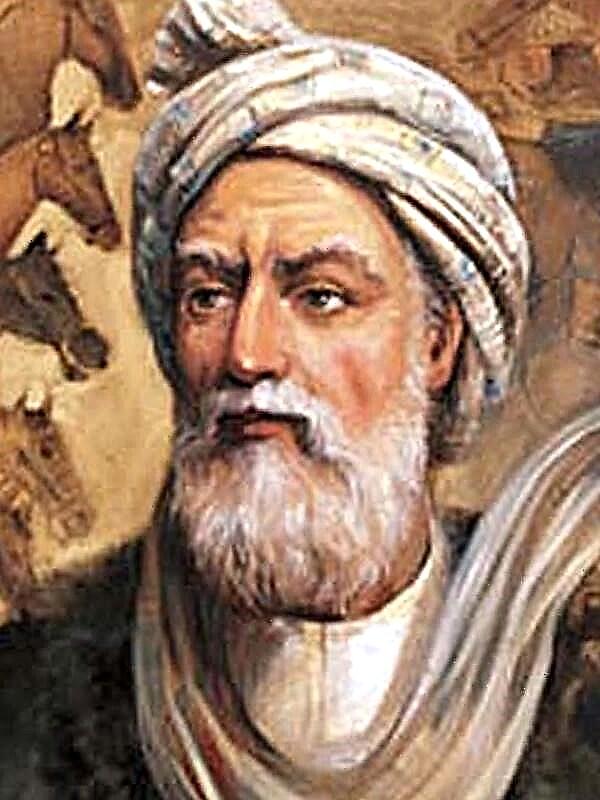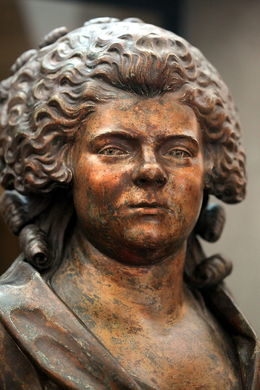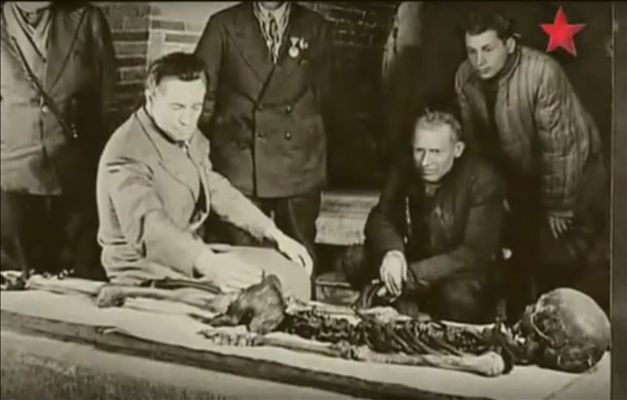A native of Phenicia from the city of Emessa (Hellenized and mainly with the Greek population), Heliodorus was ordained. It is known: the local synod, believing that Ethiopica corrupts young people, demanded that Heliodor burn his book publicly or refuse to worship. And Heliodor preferred the latter.
Presumably, the events of the novel date back to the 5th or 4th century. BC e. The place of initial action is North Africa (Egyptian coast).
The beautiful Harikley and the mighty handsome Theagen fell in love and secretly got engaged. But fate prepared them a lot of difficult trials. Young Hellenes have to flee from Delphi, where they met and met at the Pythian Games (sacred celebrations dedicated to Apollo).
At the beginning of the novel, they are captured by the Egyptian robbers from the warlike tribe of bukuls (bootes) and meet their compatriot - the Athenian Knemon. Also a prisoner, he becomes not only a translator, but also a faithful companion of Theagen and Harikley.
Knemon, too, was forced to leave his homeland, fearing revenge on his stepmother in love with him unrequitedly.
The noble beauty of Theagen and Harikley is so exalted that the bootes first take them for celestials. The leader of the robbers Tiamid falls in love with Hellenka and, traditionally considering her his prey, is going to marry Hariklei.
The son of the Memphis prophet Tiamid became the leader of the robbers only because of the machinations of his younger brother, who took away his right to hereditary priesthood.
And during the events described, as a noble man, he calls the people to a meeting and appeals to his fellow robbers with a request to give him a beautiful Hellenka in return for the required part of the riches captured: “... not from the need for pleasure, but for the sake of posterity I will have this a captive - so I decided. First of all, she is of noble birth, I think. I judge this by the valuables found in her and by the way she did not succumb to her misfortunes, but she retains the same spiritual nobility as in her former share. Then, I feel in her a good and chaste soul. If she defeats all women with pomp, if the modesty of her eyes inspires respect among all who see her, is it not natural that she makes everyone think well of herself? But what’s more important than all that has been said: she seems to me to be a priestess of some god, since even in unhappiness, she considers the sacred robes and crown to be something terrible and unlawful. I urge all those present to judge whether there can be a couple more suitable than a husband from the clan of the prophets and a girl dedicated to the deity? ”
The people approve of his decision. But the clever and far-sighted Harikley also does not re-read. After all, she really is the priestess of Artemis, chosen by lot for a year. And Theagen (she gives it out for her brother for security reasons) serves Apollo.
Harikley only asks to wait with the wedding until they arrive in the city, where there is an altar or temple of Apollo or Artemis, to lay down the priesthood there. Tiamide and the people agree with her. Moreover, they are preparing to storm Memphis, where to play a wedding will be more decent and worthy than here, in the den of robbers.
But suddenly they are attacked by another, more numerous detachment, seduced not only by rich profit: Petosirides, the younger brother of Tiomid, who remained in Memphis, is eager to neutralize the applicant for the priestly post, promising him a big reward. In an unequal battle, Tiamide is captured. And all that is on the island of robbers is committed to fire.
Miraculously, the surviving Theagen and Hariklei, together with Knemon, manage to escape (from the cave where they were hiding) from the swampy island of Bootes. After the next adventures, the Greeks met a noble old man - the Egyptian Kalasirida from Memphis.
At one time, in order not to succumb to temptation (a sudden outbreak of passion for the beautiful fraudulent woman), Kalasirides, the main prophet of the temple of Isis in Memphis, goes into exile and ends up in Hellas, in the holy city of Delphi. There, he received affectionately and favorably, meets the Hellenic sages, who see him as a fellow spirit and knowledge.
One of the Delphic sages, Harikle, told Kalasirida how in difficult years he also wandered around different cities and countries. He also visited Egypt. There, at the Nile thresholds, in the city of Katadupa, under mysterious and romantic circumstances, he becomes the adoptive father of a divinely beautiful girl: she was entrusted to him by the Ethiopian ambassador, who arrived in the city to negotiate with the Persian satrap about the rights to own smart copies: because of them the Persians with Ethiopians had a long dispute ...
Got Harikle and some precious items that were with the girl. Ethiopian writings were skillfully woven on a silk ribbon, from which it was evident: Harikley - the daughter of the Ethiopian king Gi-daspa and Queen Empress. For a long time they did not have children. Finally Persina became pregnant and gave birth ... a white-skinned girl. And it happened so because before birth she constantly admired the image of Andromeda, the mythical princess saved by Perseus from the sea monster. Namely Perseus and Andromeda, along with other gods and heroes, the Ethiopians considered their ancestors ...
Frighteningly afraid that, having seen a white child, Hidasp would suspect her of treason, Persinna handed her daughter to a reliable person, providing prudently with things that could identify the child.
So, who grew up and flourished in Delphi Harikley dedicated to Artemis. And only the outbreak of love for Theagen helps the beautiful priestess to abandon eternal virginity. She agrees to become a bride. Yes, so far only a bride, but not a wife. It is such a chaste love at the level of hugs and kisses that is the spiritual core of the whole novel.
In a prophetic dream, Kalasirida is instructed to take Apollo and Artemis to take custody of the beautiful couple and return with their homeland: “... be their companion, consider them on a par with your children and bring them from the Egyptians there and in the way that the gods like ".
There is another moving spring of the plot: Kalasirid, it turns out, is the father of the noble robber priest Tiamid and the treacherous Petosirides.
Meanwhile, Harikle in Delphi dreams of marrying Harikley for his nephew Alkamena. But even the sight of him is disgusting to the girl. She loves only Theagen.
Obeying the commands of the gods and his own desire, Kalasirides (by the way, it was he who helped Theagen and Hariklei to open to each other), together with the beautiful betrothed, runs on a ship from Hellas to Egypt ...
After cruel trials and battles, Tiamid finally returns to Memphis, and Kalasirid embraces involuntarily reconciled sons, the eldest of whom deservedly takes the place of a prophet in the temple of Isis ...
Meanwhile, defeating the army of the Persian satrap Oroondat, the Ethiopians led by Gidasp confer upon the merciful world of the vanquished, capturing countless treasures. And their most important trophy was a god-like couple: for the umpteenth time Theagen and Harikley became prisoners. But Ethiopians look at them adoringly: beauty conquers all, regardless of lifestyle and skin color. However, next to the beautiful, the terrible adjoins: Theagen and Harikley should be sacrificed to the gods of victors.
But the girl firmly believes that when the long-awaited meeting takes place, the parents will not renounce their daughter, even for the sacred customs of their people.
... Winners and prisoners - already in the Ethiopian capital Meroe. Persinna, who still does not know anything, is amazed at the sight of the beautiful Hellenic woman: “If it had been given to survive the only time my daughter conceived and woefully died, she would probably be as old as this.”
Harikley boldly ascends to the burning altar. And the fire recedes, testifying to its integrity. Theagen also proved its purity. And then, against this beautiful and at the same time terrible sacrifice, the sages-hymnosophists rebel first, and then the whole people.
Unexpectedly for everyone, Harikley demands a trial: it is allowed to sacrifice foreigners, but not local natives! And then he presents a precious bandage with the story of his birth and the ring of Gidasp himself.
The wise man Sisimiter, who was present right away, admits that he, being the Ethiopian ambassador in Egypt, handed the little Helikli to the Hellenic Hariklu. Here the servants bring a picture depicting Andromeda and Perseus, and everyone is shocked by the similarity of the real and mythical princesses.
But the fate of Theagen has not yet been decided. He brilliantly withstands two unexpected trials: tames the infuriated sacrificial bull and wins the duel of a huge and boastful Ethiopian wrestler. Harikleya finally reveals to her mother that Theagen is her husband. And Sisimiter recalls that the gods express their will quite definitely: they instilled fear and confusion in the horses and bulls standing in front of the altars and thus made it clear that the sacrifices that were considered perfect were completely rejected. And exclaims: “So let us proceed to the more pure sacrifices, having canceled human sacrifices for eternal times!” And he concludes: “And I connect this couple with marriage laws and allow them to unite in bonds for childbearing!”
Then, already completely seeing and softened, Gidasp lays on the heads of young and sacred crowns - signs of priesthood (he and Persinn used to wear them). And here are the closing words of the novel: “The Ethiopian tale of Theagen and Harikley received such a conclusion. It was composed by a Phoenician husband from Emesa, from the Helios clan, and the son of Theodosius Heliodor. ”












